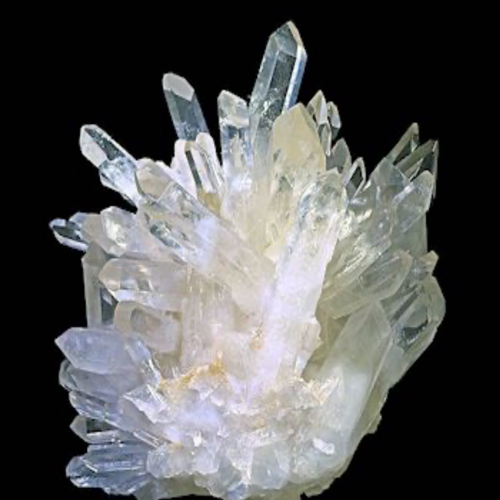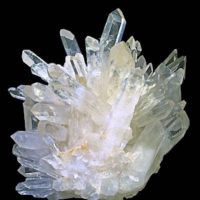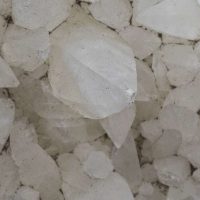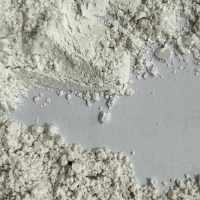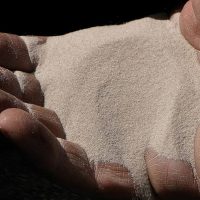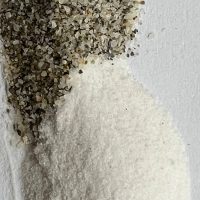Silica Taninalarade
Silica is a mineral known by the chemical formula SiO2.This material has white colors with high purity or gray background colors, cream with lower purity.Silica is used in various fields and forms which is the second mineral found in the earth’s crust so it is one of the greatest interest among artisans and used in most of industries .
Silica can be presented in both granulated and micronized forms.
It is interesting to know, the name of this word is taken from (flint) which means hard stone.
– Other names of silica:
Silicon dioxide, silica, silicon oxide, quartz, sand
which has special qualities and mineral types are:
Premium grade, grade 1, grade 2, amorphous silica. Application of pure and light silica powder.
– Tanin Al-Arad company is able to prepare and produce silica powder with very advanced technology
It is very pure white from 100 mesh to 3500 mesh.
– The uses and applications of silica powder in today’s industries are very diverse and wide such as:
1)Paint and glue or Adhessive industries
2)Production of fire extinguisher powder
3)Glazing industry
4)Tile and ceramic industry
5)Cement and concrete production
5)In sealants and mel powder
Application
6)in the production and construction of metal casting molds industries
7)Production of various detergents and cleaning materials in form of liquid, soap, toothpaste and…
8)Application in metallurgical industries
9) in sodium materials and agricultural industries
10)As a filler for ceramic products like porcelain which increases the strength of products.
11)Application in refractory industries 12) in glass making, plastic, casting, making, cement making, etc….
13)In the casting industry
14)as an additive to non-ferrous alloys and silicon, which is used in the cooling process. Improves steel.
Application of amorphous silica:
The structure of this type of silica is broken at a very high temperature, unlike conventional silica, it is brittle and soft so it is used in various industries such as producing
1)silica gel
2)concrete additives
3)making silicones, silicates, and making optical fibers.

